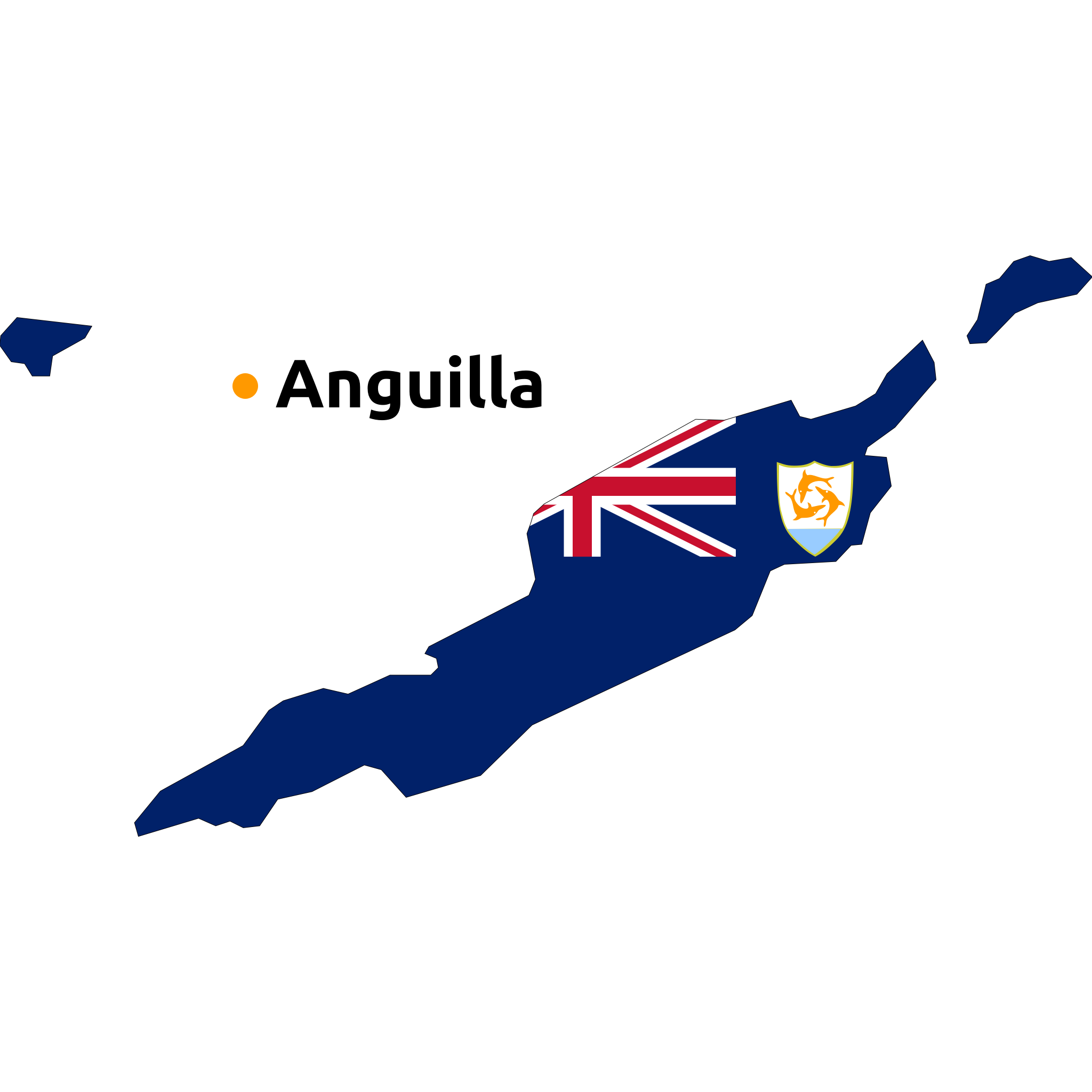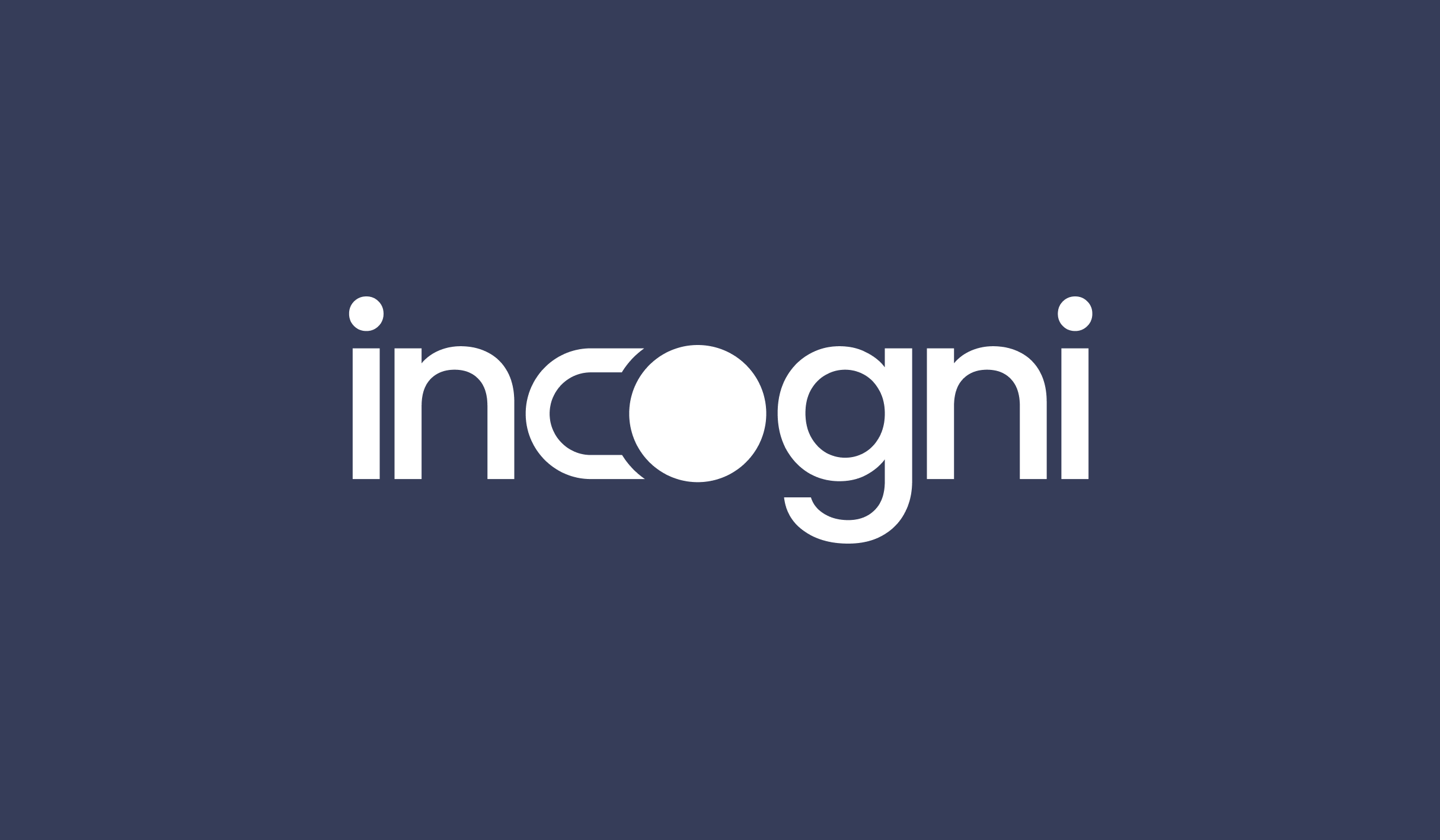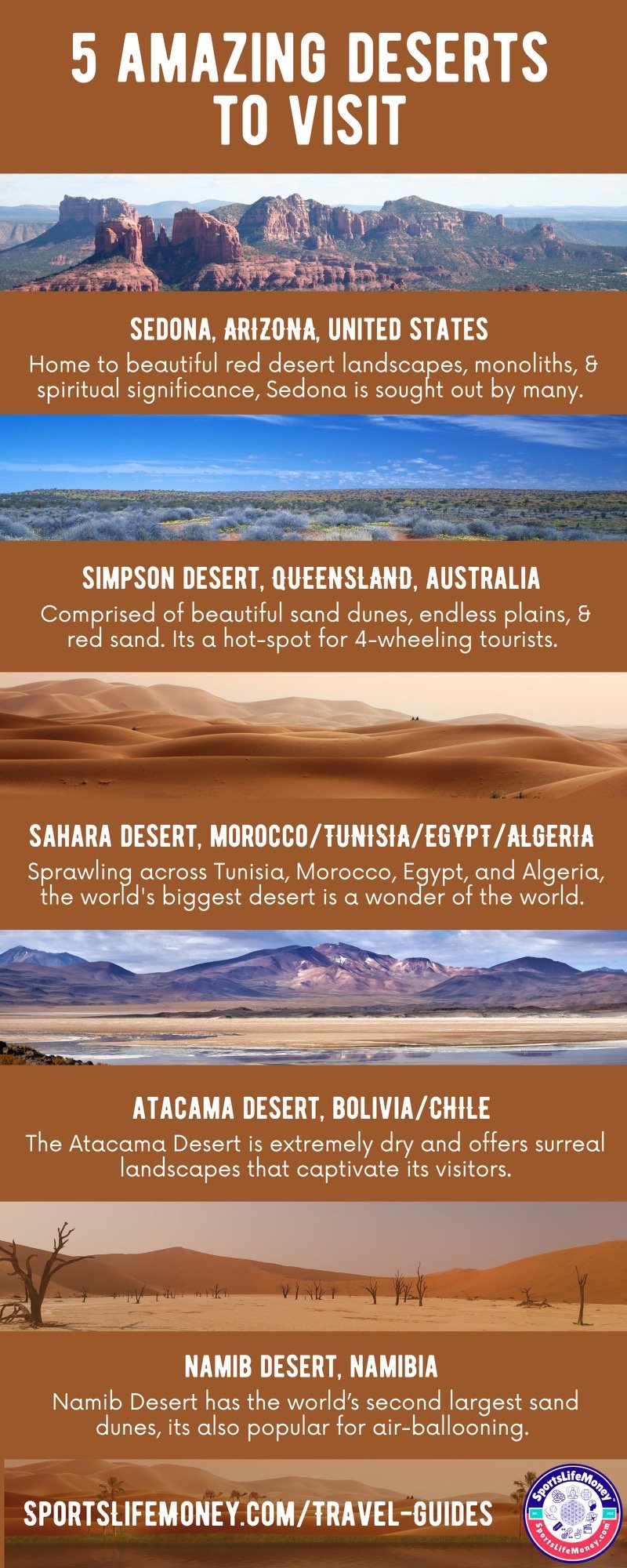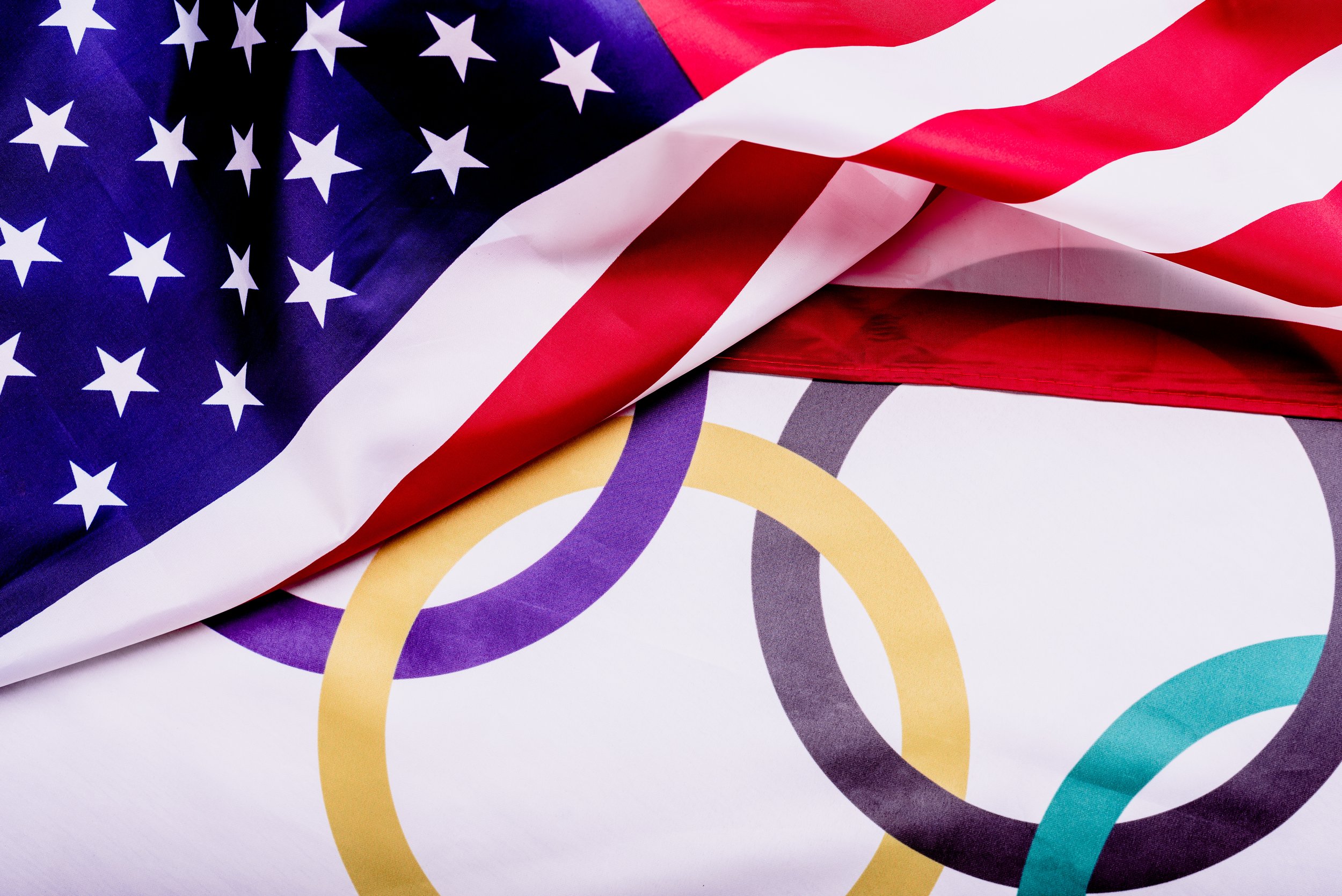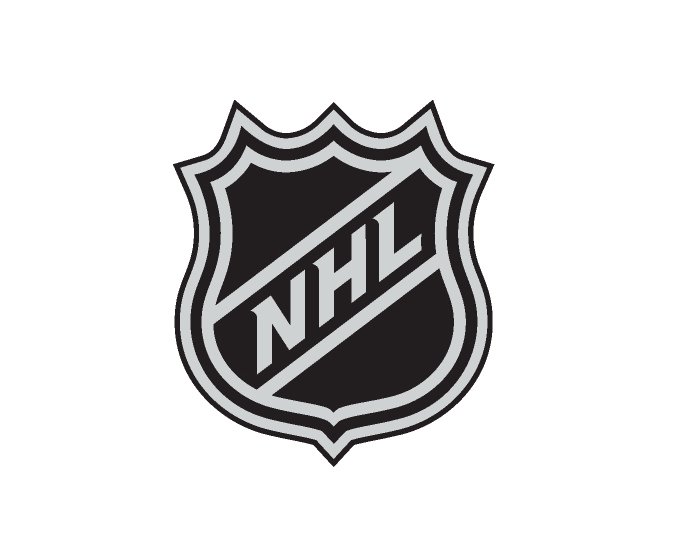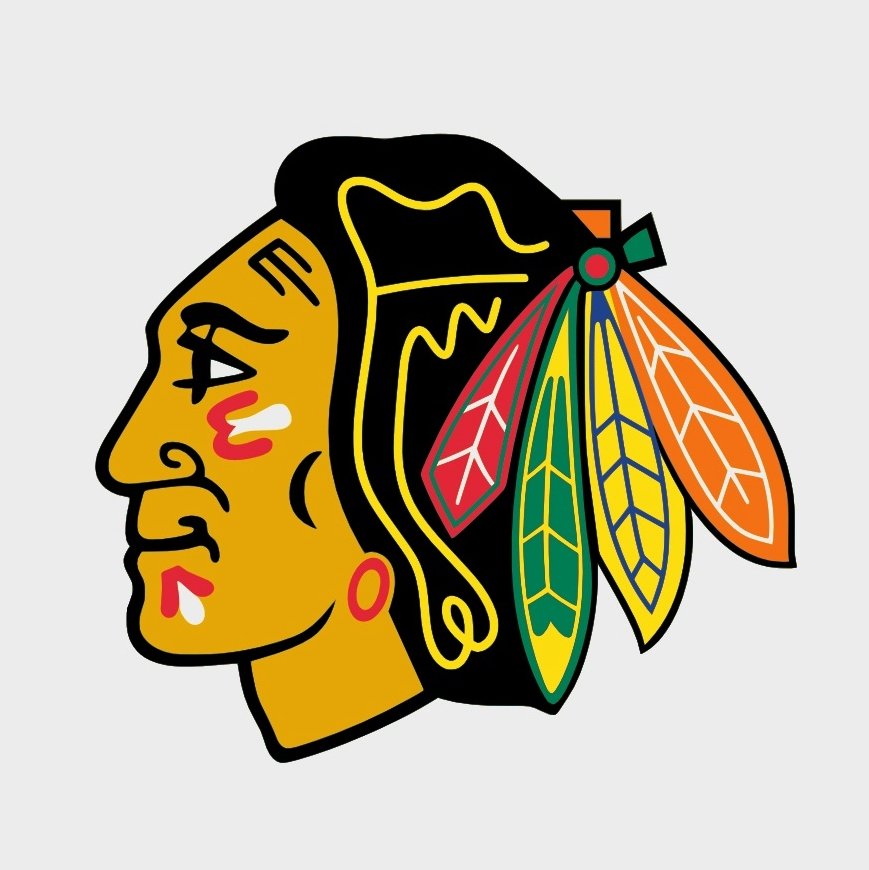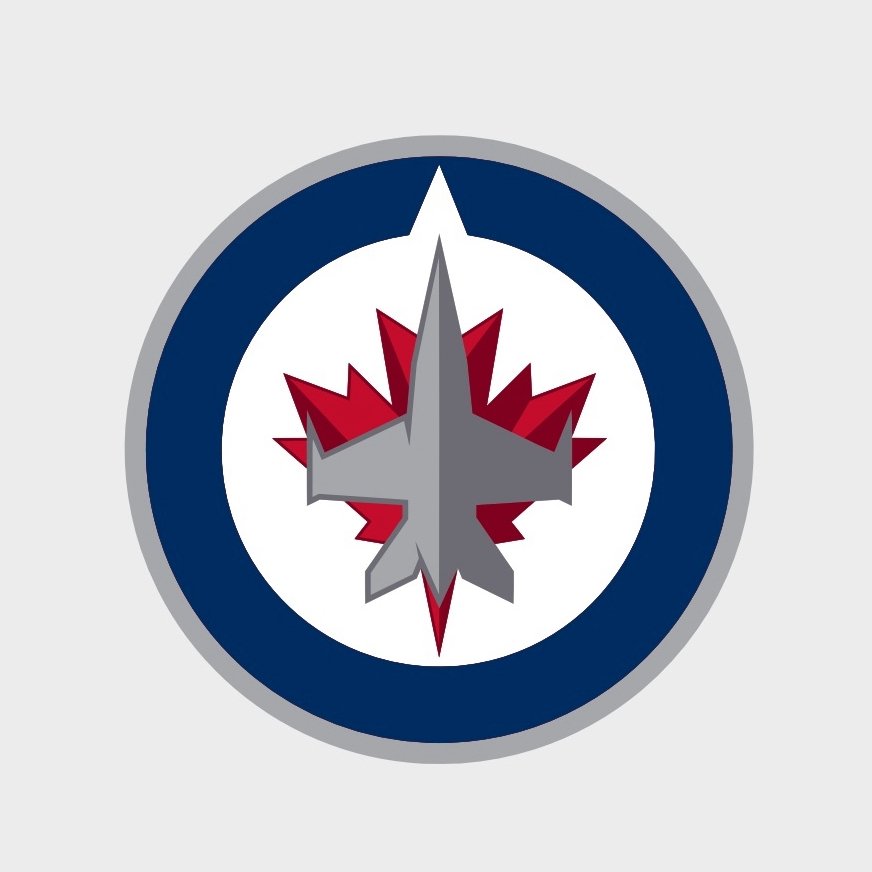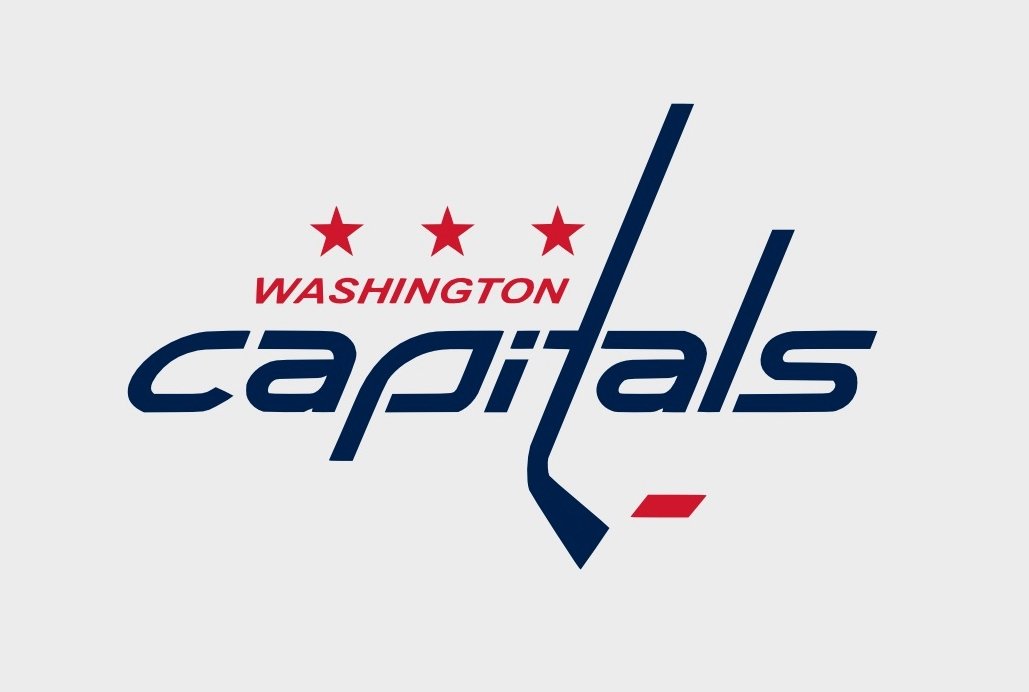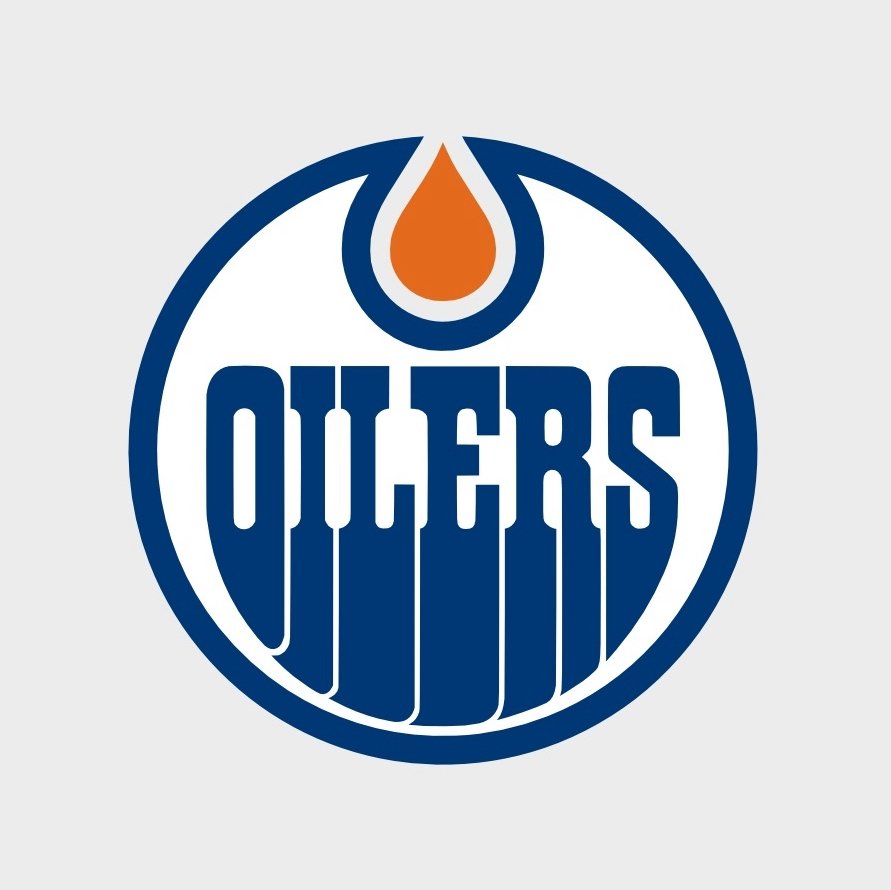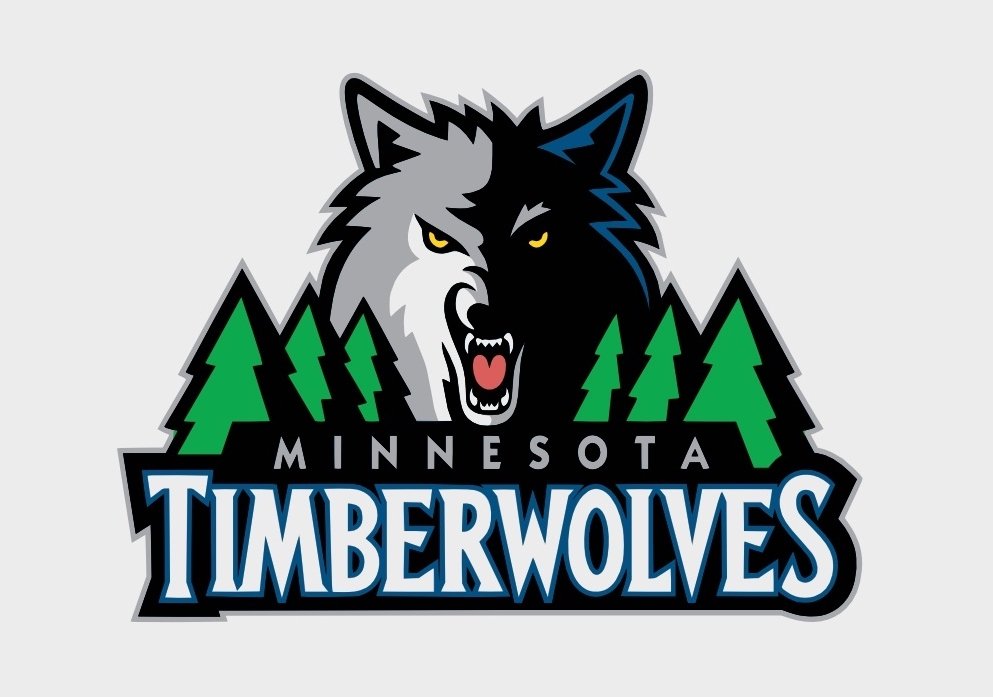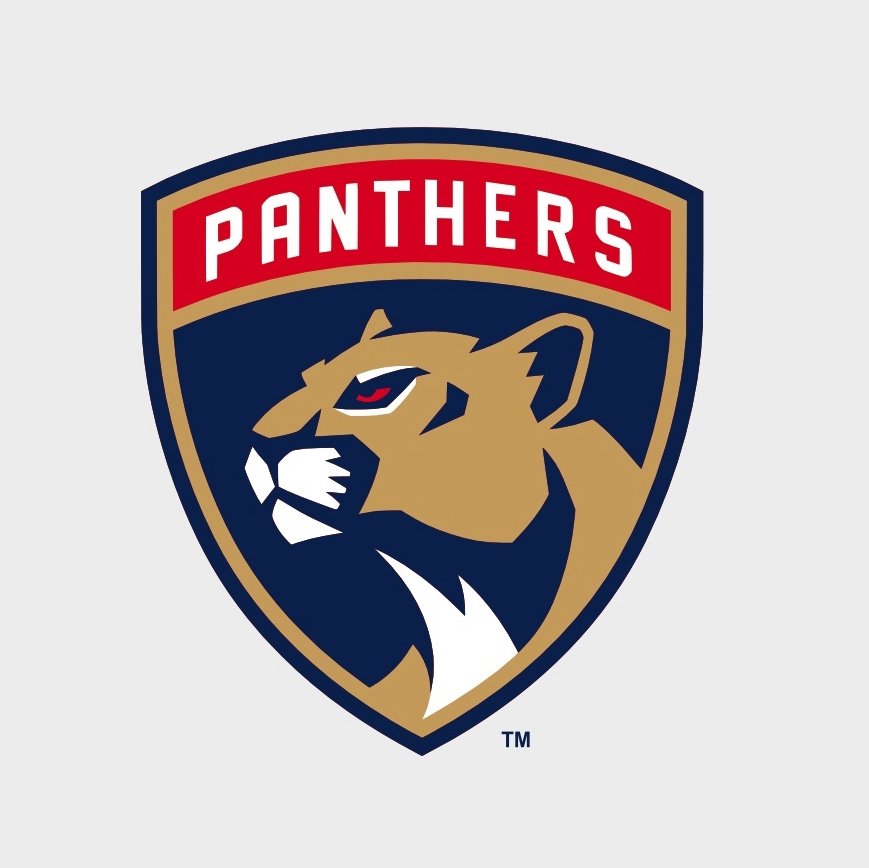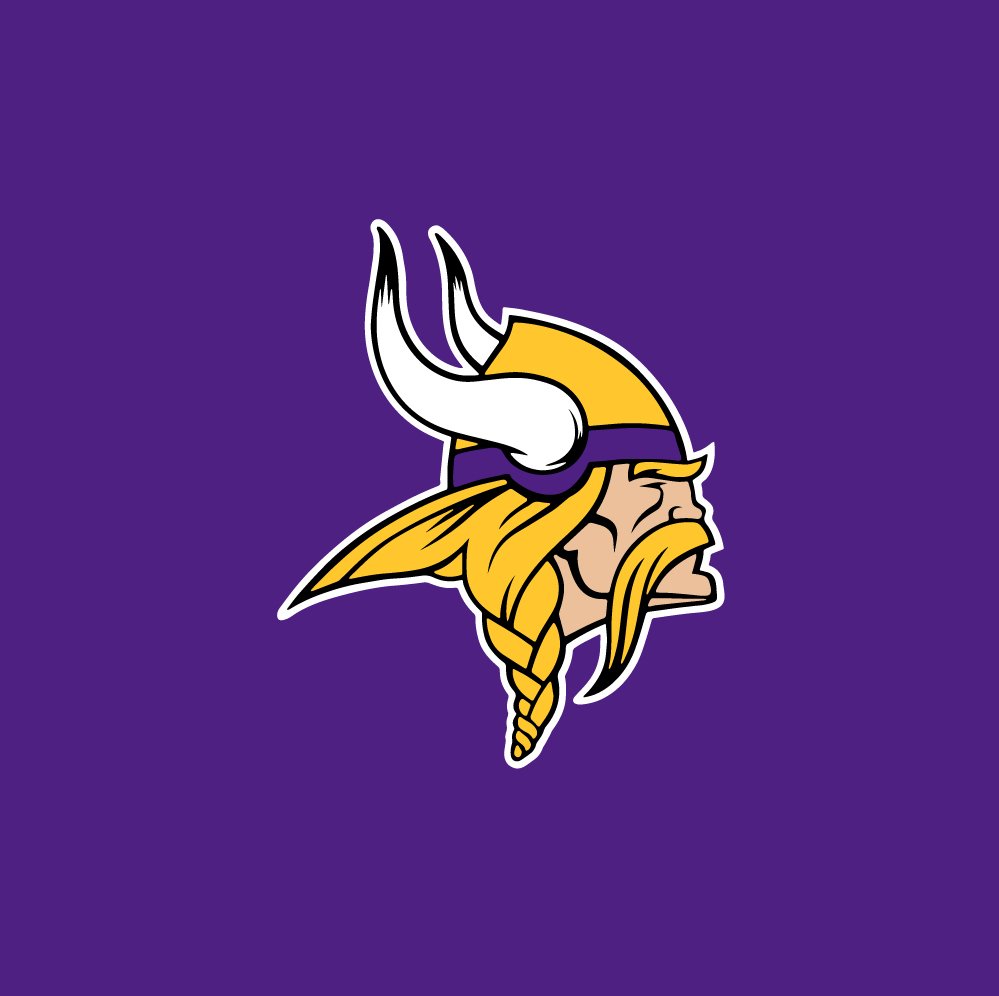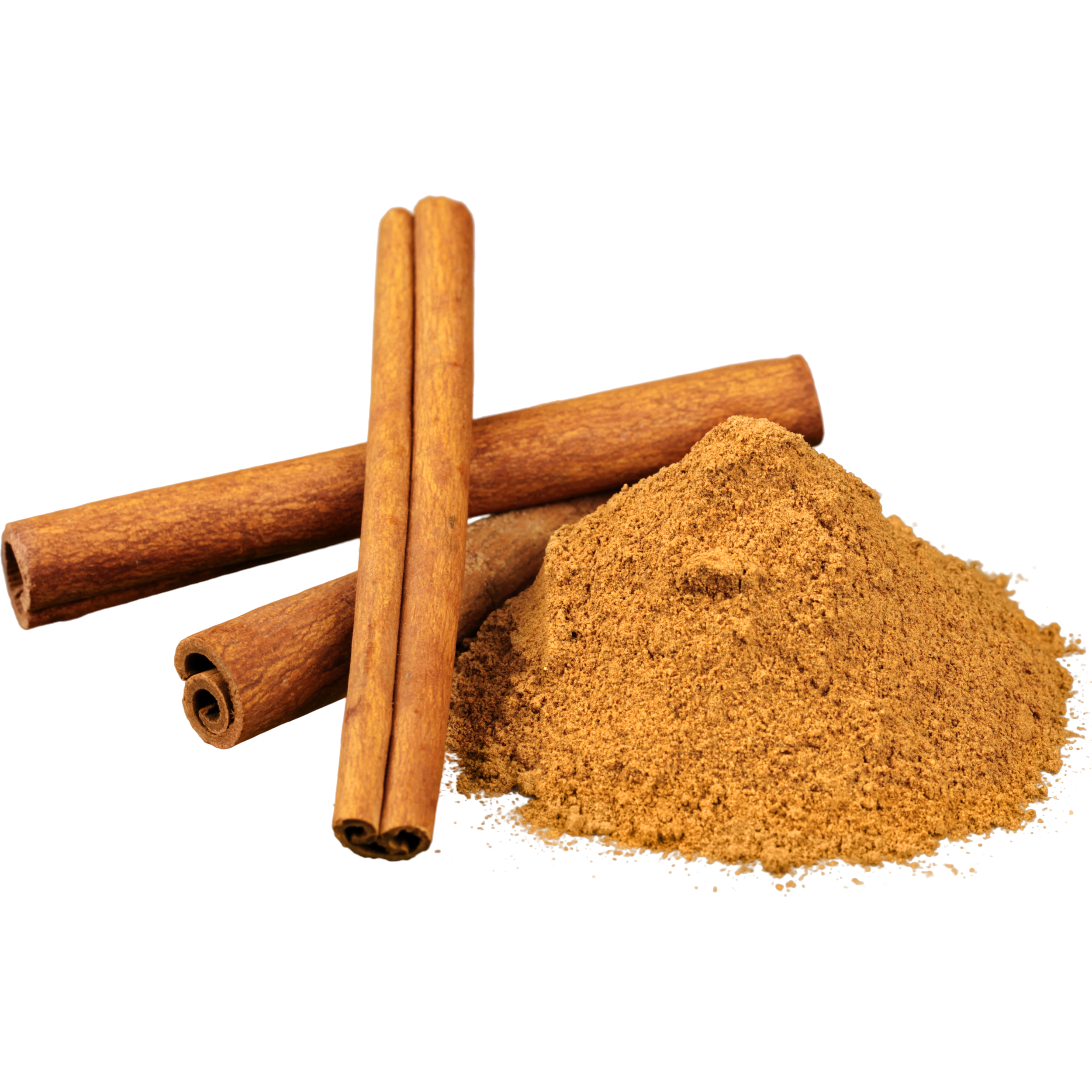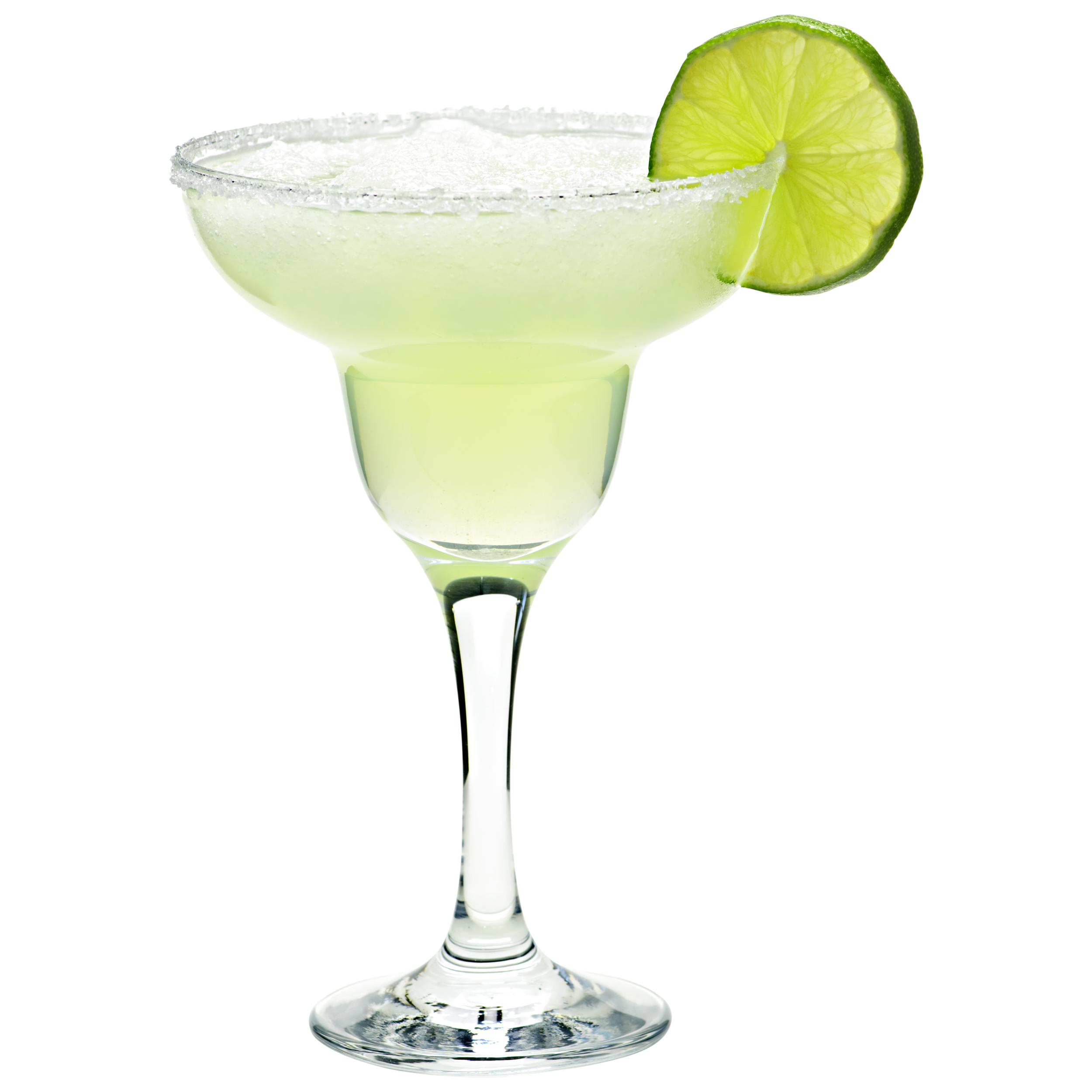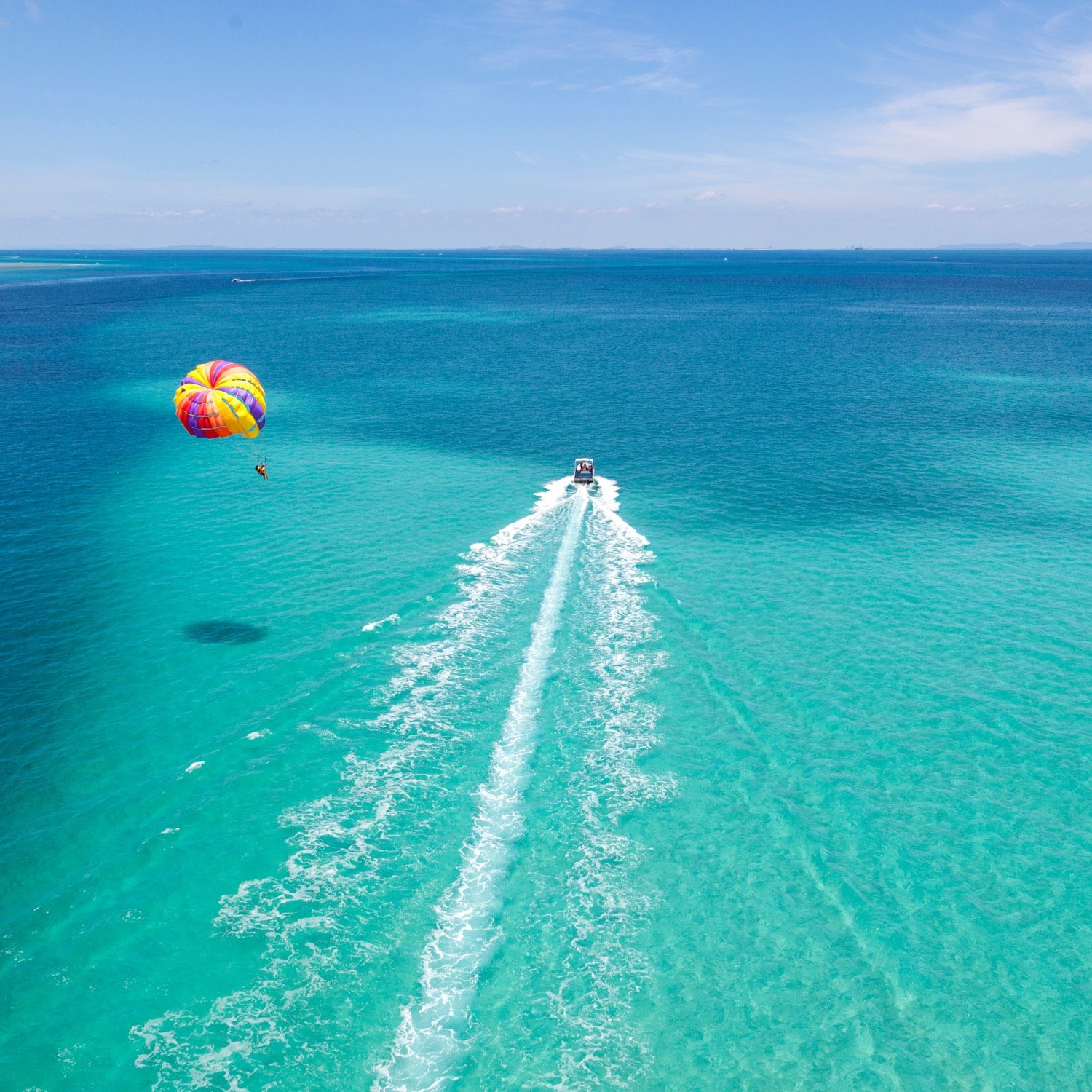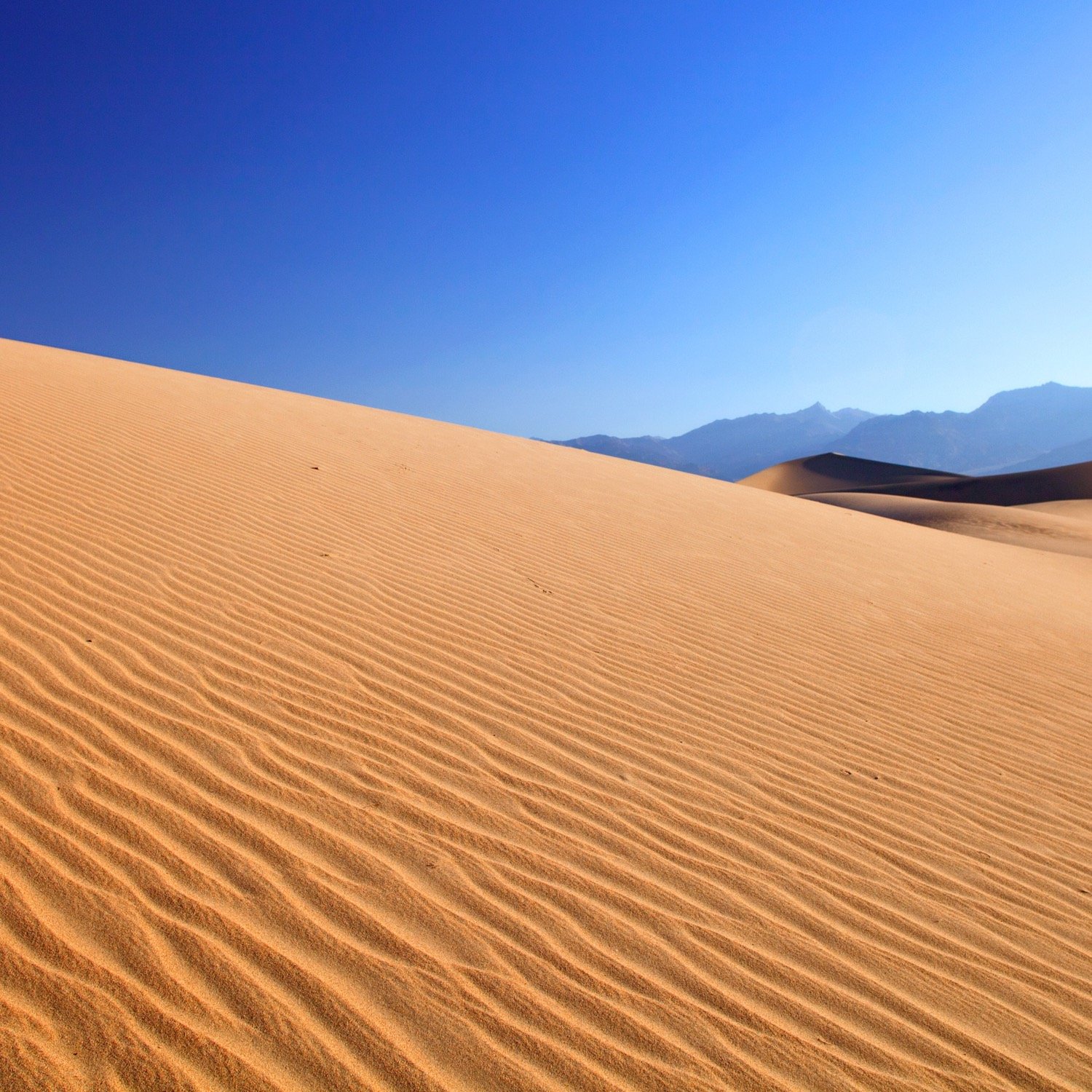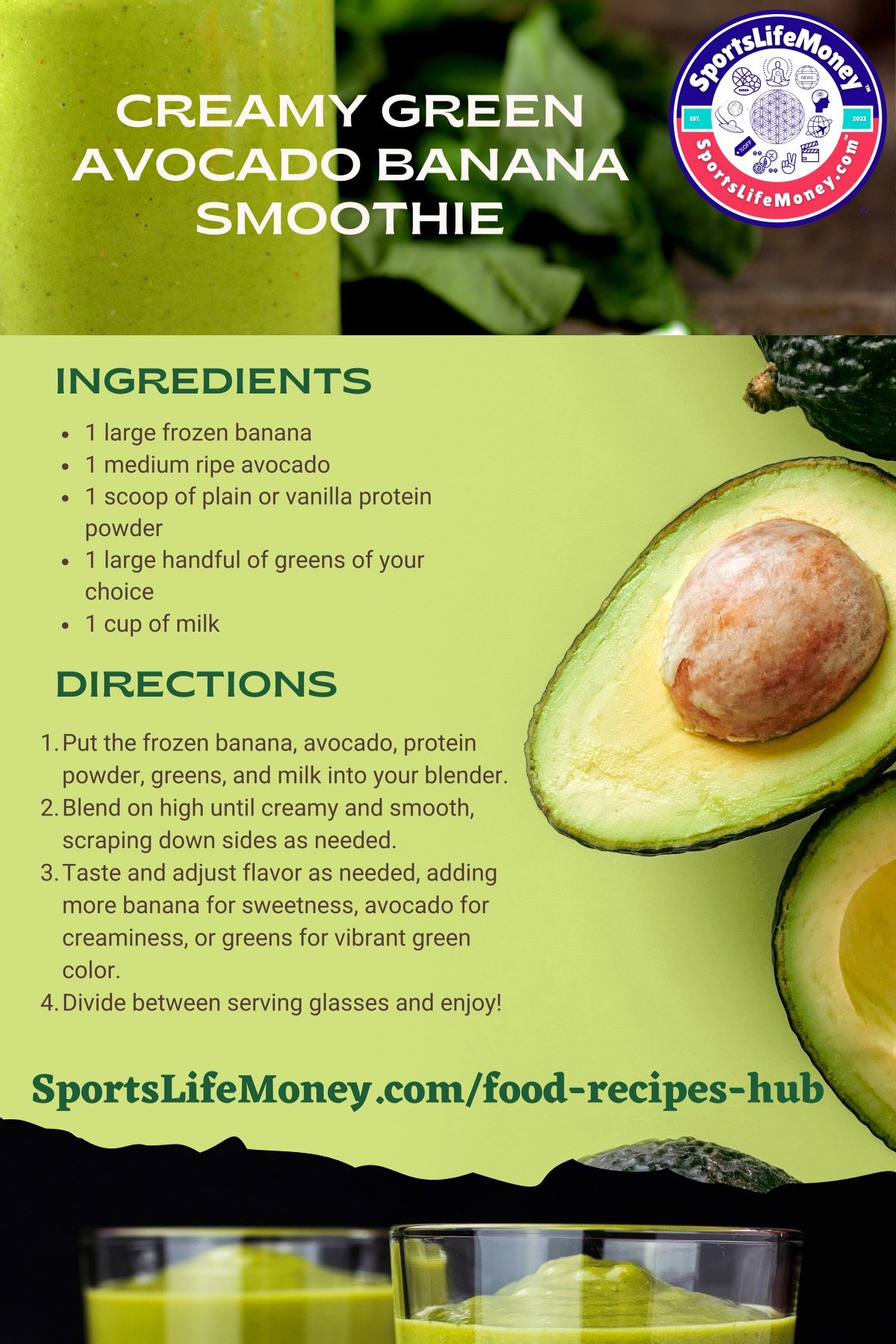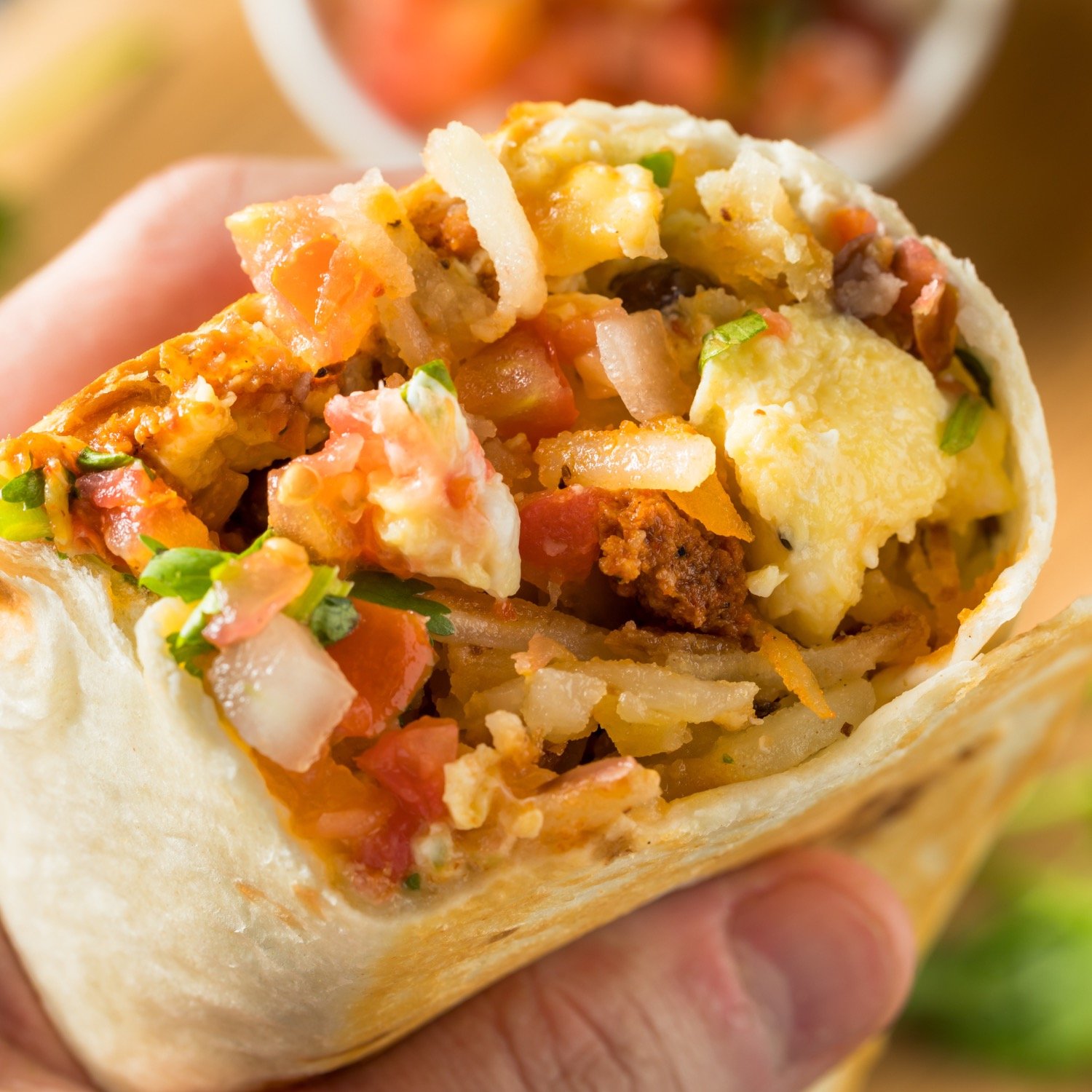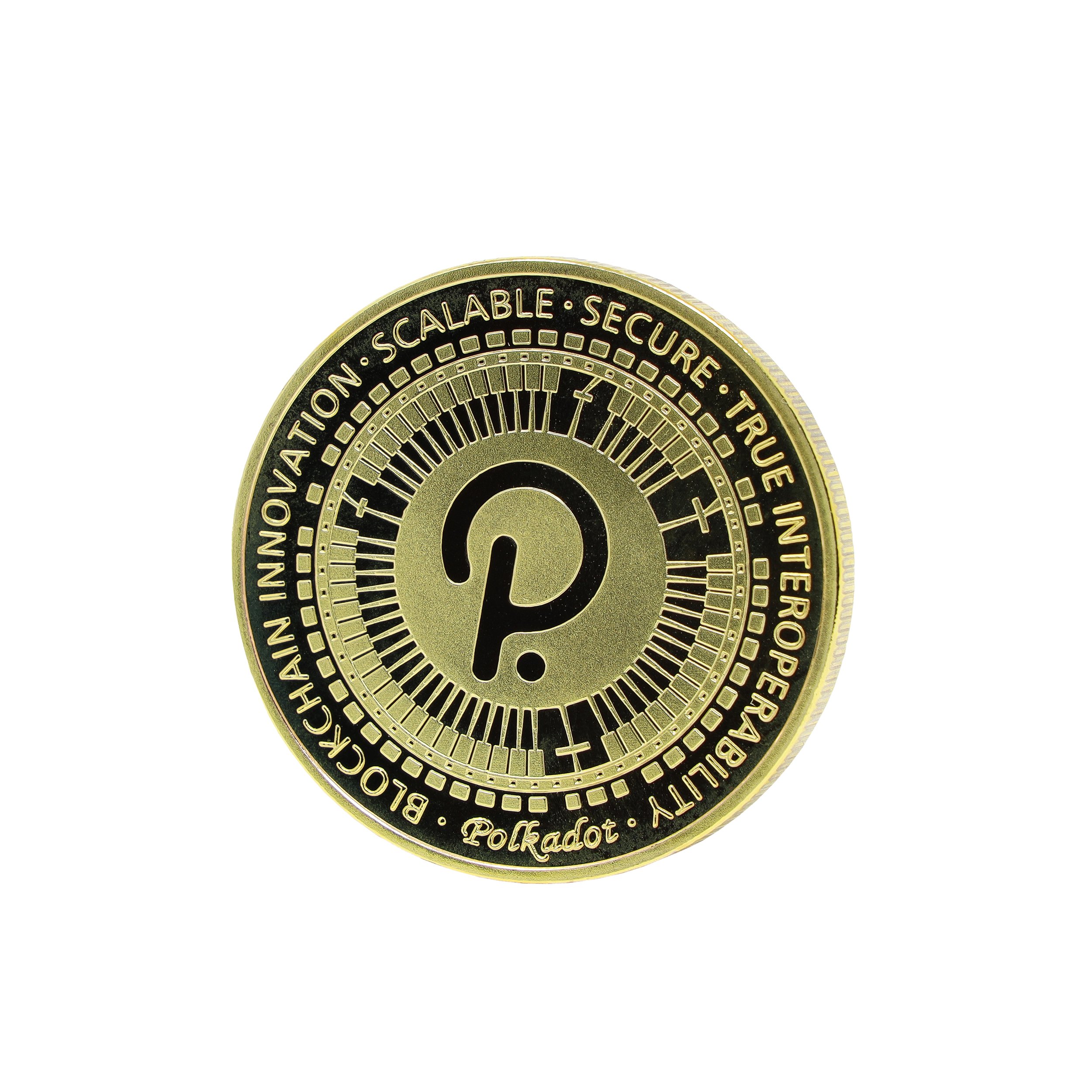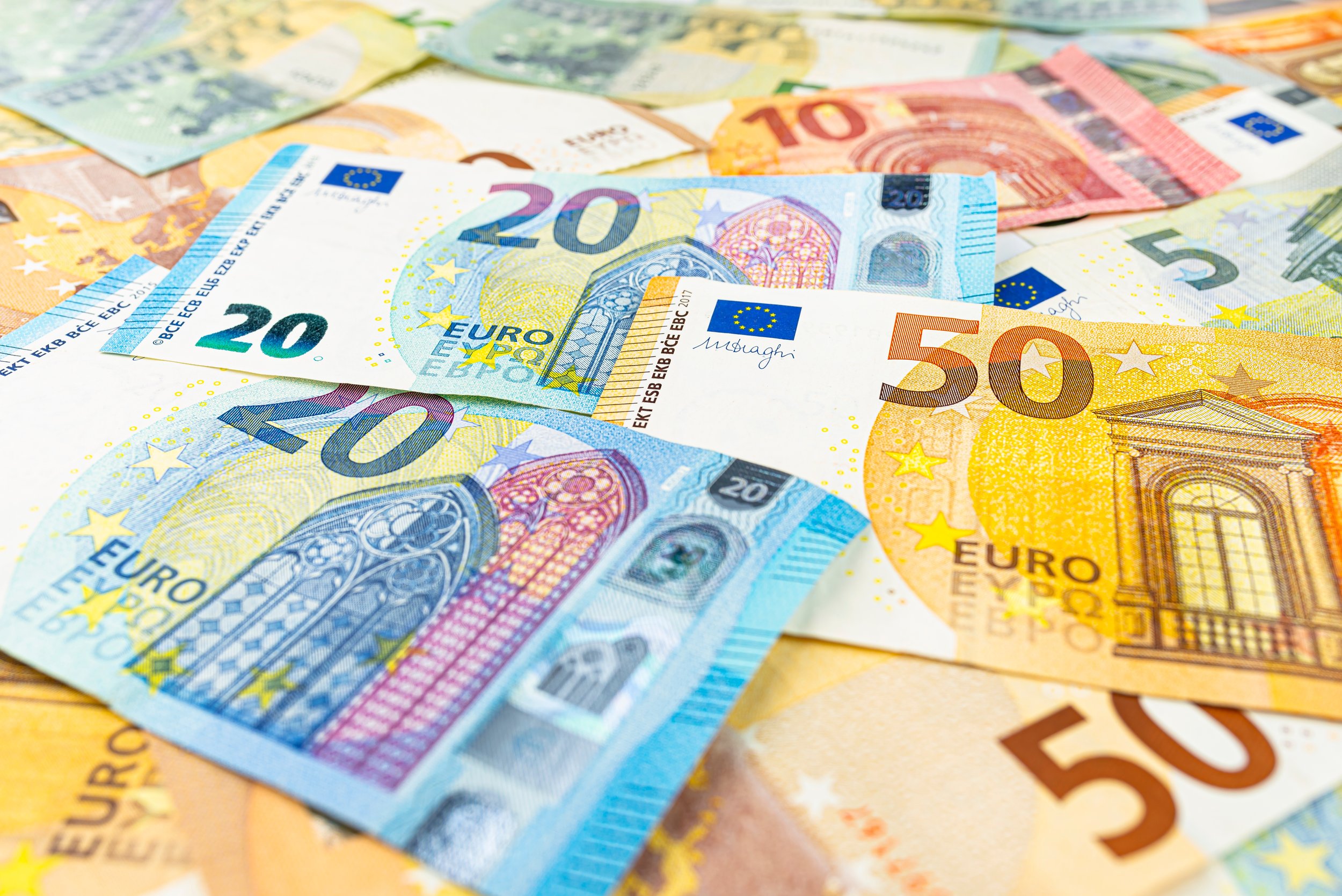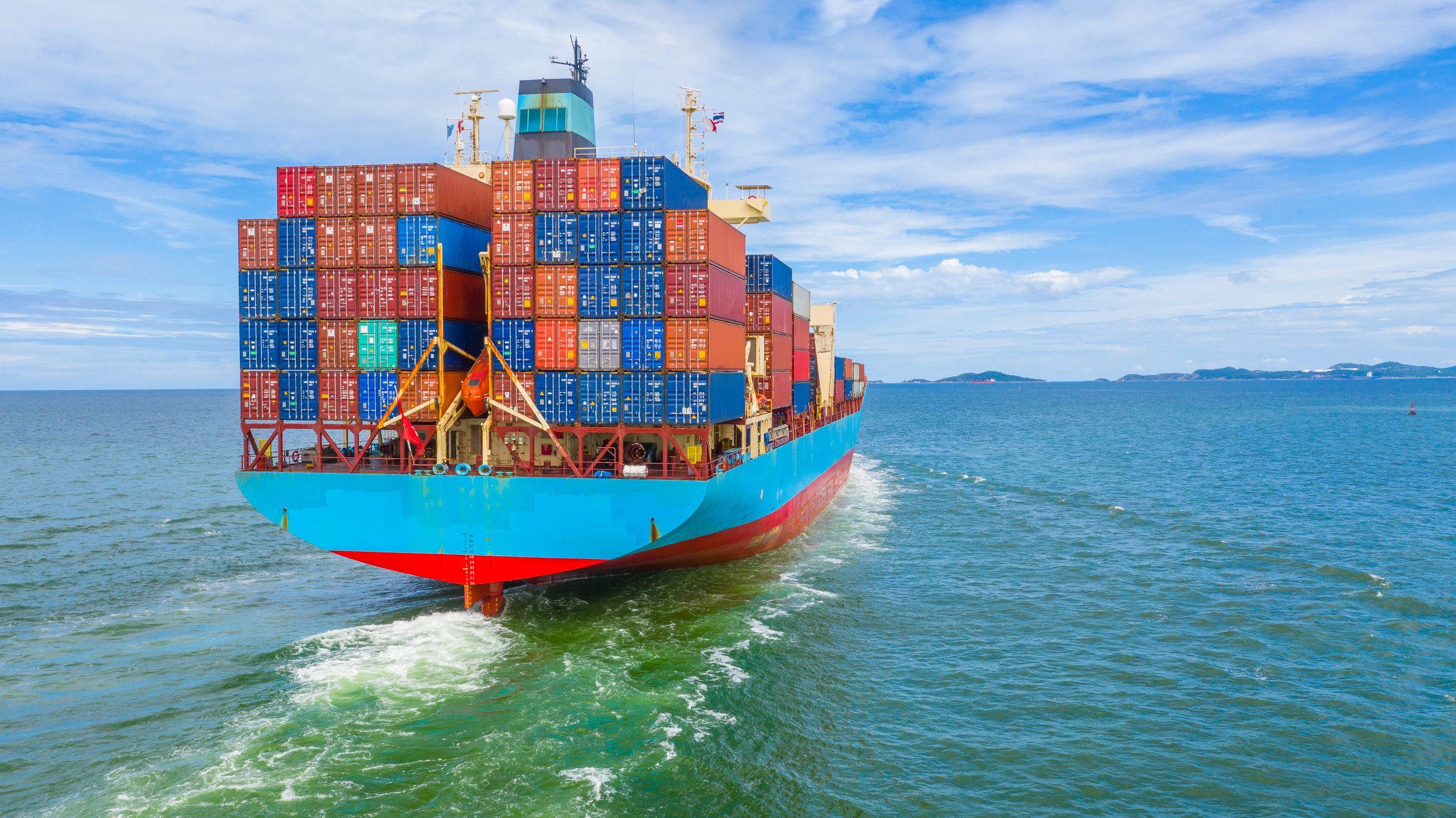Country Summary: Botswana

Country Name: Botswana
Capital: Gaborone
Official Visa & Travel Information: Botswana e-Visa Website (Visa Services)
Government Type: parliamentary republic
Background: In the early 1800s, multiple political entities in what is now Botswana were destabilized or destroyed by a series of conflicts and population movements in southern Africa. By the end of this period, the Tswana ethnic group, who also live across the border in South Africa, had become the most prominent group in the area. In 1852, Tswana forces halted the expansion of white Afrikaner settlers who were seeking to expand their territory northwards into what is now Botswana. In 1885, Great Britain claimed territory that roughly corresponds with modern day Botswana as a protectorate called Bechuanaland. Upon independence in 1966, the British protectorate of Bechuanaland adopted the new name of Botswana, which means land of the Tswana. More than five decades of uninterrupted civilian leadership, progressive social policies, and significant capital investment have created an enduring democracy and upper-middle-income economy. The ruling Botswana Democratic Party has won every national election since independence; President Mokgweetsi Eric Keabetswe MASISI assumed the presidency in 2018 following the retirement of former President Ian KHAMA due to constitutional term limits. MASISI won his first election as president in 2019, and he is Botswana’s fifth president since independence. Mineral extraction, principally diamond mining, dominates economic activity, though tourism is a growing sector due to the country's conservation practices and extensive nature preserves.
Batswana have been working as contract miners in South Africa since the 19th century. Although Botswana’s economy improved shortly after independence in 1966 with the discovery of diamonds and other minerals, its lingering high poverty rate and lack of job opportunities continued to push workers to seek mining work in southern African countries. In the early 1970s, about a third of Botswana’s male labor force worked in South Africa (lesser numbers went to Namibia and Zimbabwe). Not until the 1980s and 1990s, when South African mining companies had reduced their recruitment of foreign workers and Botswana’s economic prospects had improved, were Batswana increasingly able to find job opportunities at home.
Most Batswana prefer life in their home country and choose cross-border migration on a temporary basis only for work, shopping, visiting family, or tourism. Since the 1970s, Botswana has pursued an open migration policy enabling it to recruit thousands of foreign workers to fill skilled labor shortages. In the late 1990s, Botswana’s prosperity and political stability attracted not only skilled workers but small numbers of refugees from neighboring Angola, Namibia, and Zimbabwe.
Continent: Africa
Population: 2,417,596 (2023 est.)
Ethnic Groups: Tswana (or Setswana) 79%, Kalanga 11%, Basarwa 3%, other, including Kgalagadi and people of European ancestry 7%
Languages: Setswana 77.3%, Sekalanga 7.4%, Shekgalagadi 3.4%, English (official) 2.8%, Zezuru/Shona 2%, Sesarwa 1.7%, Sembukushu 1.6%, Ndebele 1%, other 2.8% (2011 est.)
Religions: Christian 79.1%, Badimo 4.1%, other 1.4% (includes Baha'i, Hindu, Muslim, Rastafarian), none 15.2%, unspecified 0.3% (2011 est.)
Economic Overview: good economic governance and financial management; diamond-driven growth model declining; rapid poverty reductions; high unemployment, particularly among youth; COVID-19 sharply contracted the economy and recovery is slow; public sector wages have posed fiscal challenges
Currency: Botswana Pula (BWP)
Reserves of Foreign Exchange & Gold: $4.279 billion (2022 est.) note: holdings of gold (year-end prices)/foreign exchange/special drawing rights in current dollars
Real GDP (Purchasing Power Parity): $40.819 billion (2022 est.) note: data in 2017 dollars
Real GDP Growth Rate: 5.79% (2022 est.) note: annual GDP % growth based on constant local currency
Real GDP per Capita: $15,500 (2022 est.) note: data in 2017 dollars
Exports:
$8.9 billion (2022 est.) note: balance of payments - exports of goods and services in current dollars
Comparison Ranking: 116
Export Commodities: diamonds, insulated wiring, copper, beef, gold (2021)
Export Partners: India 21%, Belgium 19%, United Arab Emirates 19%, South Africa 9%, Israel 7%, Hong Kong 6%, Singapore 5% (2019)
Imports:
$8.7 billion (2022 est.) note: balance of payments - imports of goods and services in current dollars
Comparison Ranking: 128
Import Commodities: diamonds, refined petroleum, cars, delivery trucks, electricity (2019)
Import Partners: South Africa 58%, Namibia 9%, Canada 7% (2019)
Natural Resources: diamonds, copper, nickel, salt, soda ash, potash, coal, iron ore, silver
Agricultural Products: milk, roots/tubers, vegetables, sorghum, beef, game meat, watermelons, cabbages, goat milk, onions
Industries: diamonds, copper, nickel, salt, soda ash, potash, coal, iron ore, silver; beef processing; textiles
Industrial Production Growth Rate:
7.57% (2022 est.) note: annual % change in industrial value added based on constant local currency
Comparison Ranking: 32
Labor Force: 1.145 million (2022 est.)
Unemployment Rate: 23.62% (2022 est.)
Natural Hazards: periodic droughts; seasonal August winds blow from the west, carrying sand and dust across the country, which can obscure visibility
Geography:
Total: 581,730 sq km
Land: 566,730 sq km
Water: 15,000 sq km
(Country Summary, The World Factbook, CIA.gov)
LEGAL, FINANCIAL, & TAX ADVICE DISCLAIMER: The information on SportsLifeMoney’s™ (“SLM”) websites, podcast network, videos, social media accounts, and other platforms (collectively, “SLM Platforms”) is strictly and solely provided for educational and informational purposes only. All of the information and materials on the aforementioned SLM Platforms do not constitute and are not intended to provide legal, financial, accounting, or tax advice, and should not be relied on in that respect. SLM recommends that you consult with an attorney, certified financial advisor, or licensed accountant to answer any legal, financial, or tax questions you may have. SLM also recommends that you consult with an attorney, certified financial advisor, or licensed accountant before making any legal, financial, or tax-related decisions based on content and/or subject matter included and/or discussed on any of the SLM Platforms. Before you act or rely on any information you have heard, read, viewed, and/or listened to on any of the SLM Platforms or communication mediums, SLM recommends that you confirm any and all facts that are important to your decision and that you subsequently consult with an appropriate professional (e.g., attorney, certified financial advisor, certified accountant, etc.) and have them review these facts and also confirm their validity. CAUTION: IF YOU RELY ON ANY INFORMATION, CONTENT, PRODUCT, OR SERVICE FROM ANY OF THE SLM PLATFORMS, YOU DO SO AT YOUR OWN RISK. YOU UNDERSTAND THAT YOU ARE SOLELY RESPONSIBLE FOR ANY AND ALL DAMAGES OR LOSS THAT YOU MAY INCUR THAT RESULTS FROM YOUR USE AND/OR RELIANCE OF ANY OF THE SLM PLATFORMS OR ANY OF THE CONTENT OR MATERIAL OTHERWISE PROVIDED ON ANY OF THESE SLM PLATFORMS. SLM AND ANY AND ALL OF ITS AFFILIATES MAKE NO IMPLIED OR EXPRESS REPRESENTATIONS OR IMPLIED OR EXPRESS WARRANTIES OF ANY KIND REGARDING ANY AND ALL INFORMATION ON ANY OF THE SLM PLATFORMS OR SLM’S AFFILIATE PLATFORMS. SLM AND ITS AFFILIATES WILL NOT BE HELD LIABLE FOR ANY DAMAGES. By continuing to use any of the SLM Platforms, you acknowledge and agree to the aforementioned terms and conditions of this disclaimer and any and all other legally binding terms and conditions set forth in SLM’s Privacy Policy, Terms & Conditions, and other legally binding agreements.











